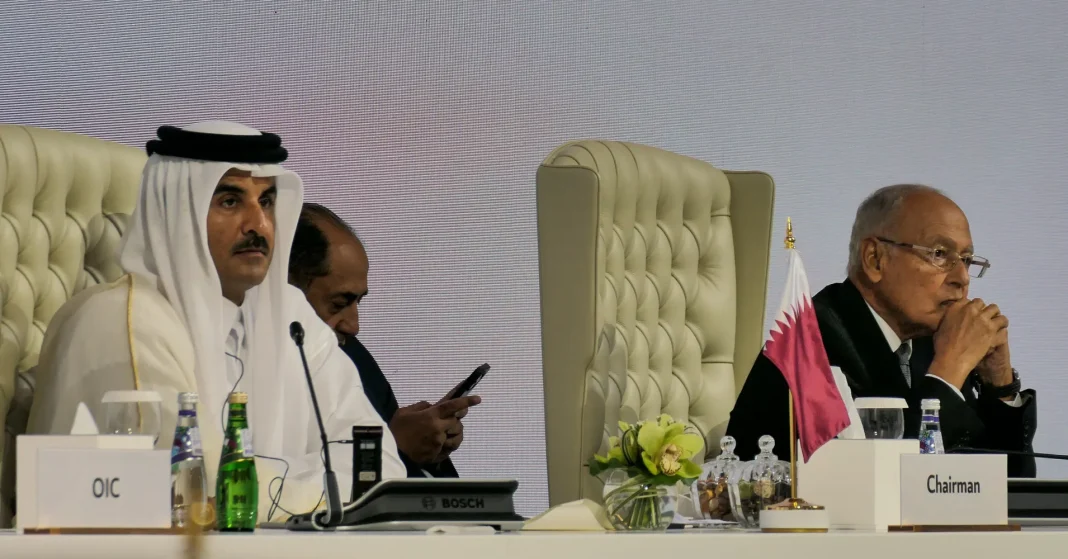Recent reports have highlighted Qatar’s substantial financial investments in US universities, sparking debates over potential influences on academic curriculums. An institute specializing in political studies has expressed concerns that these investments might be facilitating the spread of Islamist ideology.
Significant Financial Commitments

In recent years, Qatar has allocated billions of dollars to various US universities, establishing chairs, funding research initiatives, and supporting cultural exchange programs. This financial commitment has led to growing academic partnerships and extensive collaborations in technological and scientific research. However, the scale of these investments raises questions about the motives behind such substantial funding.
The financial support has enabled several academic institutions to expand their programs and conduct high-impact research. By focusing on areas such as energy, engineering, and urban development, these collaborations have strengthened bilateral educational ties and provided significant resources for groundbreaking projects.
Concerns Over Ideological Influence

An institute focused on political studies has warned that Qatar’s investments may be aimed at spreading Islamist ideologies within US educational frameworks. Such concerns are fueled by the belief that Qatar endorses and promotes interpretations of Islam that might not align with Western cultural and educational values.
These concerns extend beyond academia, raising alarms about potential shifts in university policies and curriculums. While there is no overt evidence of curriculum changes driven by ideological influences, the potential for subtle biases introduced through funded programs and academic materials is a matter of scholarly debate.
Universities’ Response to the Criticism

In response to the criticisms, several universities have emphasized their commitment to academic freedom and unbiased education. They assert that external funding sources have no influence over their independent decision-making processes. Universities have reiterated that any collaboration aims to mutually enhance educational excellence and cultural understanding.
Many institutions have protocols in place to ensure transparency and accountability in their financial dealings. These measures are designed to protect the integrity of academic curriculums and research outputs, safeguarding them from external influences that might compromise their educational objectives.
Qatar’s Perspective on Educational Investments

The Qatari government has positioned its educational investments as part of a broader strategy to foster global partnerships and promote shared knowledge. These endeavors are a part of Qatar’s vision to establish strong international ties and build a reputation as a global educational contributor.
Qatar insists that its financial contributions are genuinely aimed at facilitating cross-cultural understanding and promoting educational excellence. The nation has expressed its firm stance against using educational investments as tools for political or ideological proliferation.
As debates continue, both sides remain vigilant about the outcomes of these investments. The balance between educational growth and ideological neutrality will likely continue to shape discussions about international collaboration in academic institutions.





